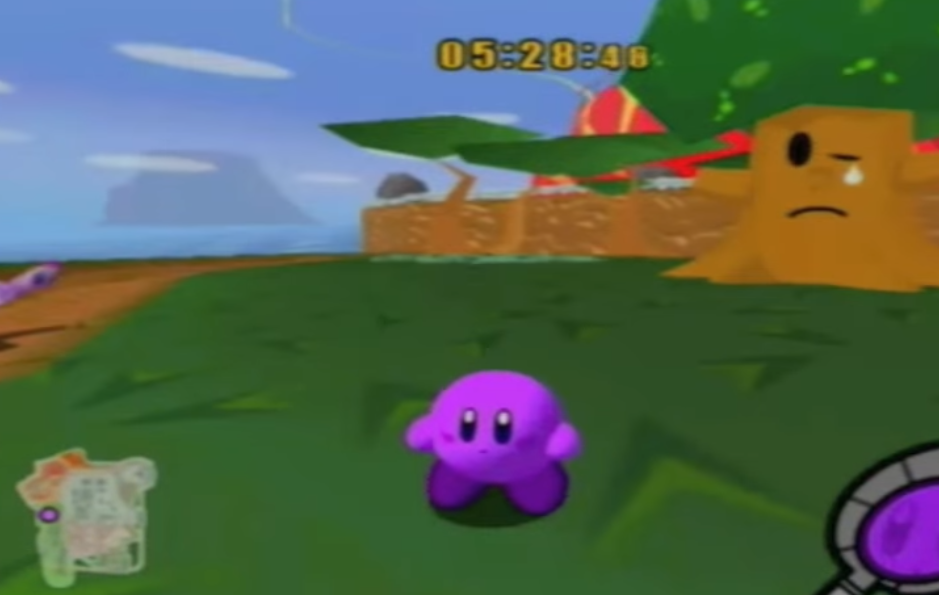
That said, you don’t really need a great deal of real-world polish when you’re swinging through largely cartoonish environments, and you wouldn’t really notice the difference unless you had both games side by side. DK’s fur doesn’t bristle with quite the same level of detail as his home console counterpart, and the once rich and vivid environments look a little simpler round the edges. It looks stunning, but there’s no doubt which version is visually superior. The 3DS version has been handled by Monster Games, the team responsible for Pilotwings Resort. As DK and his pal Diddy leapt, rolled and head-stomped their way back to their precious hoard of stolen bananas, players were transported through a master class of 2D platforming that tested the limits of even the most seasoned platforming pros while still offering a helping hand to bewildered newcomers. Originally developed by Retro Studios for the Wii, the original Donkey Kong Country Returns was a ferociously difficult romp through Kong Island that simultaneously shook the pedestrian socks off games like New Super Mario Bros Wii and Kirby’s Epic Yarn and still managed to be a fitting homage to the Donkey Kong Country series. But while most 3DS remakes have all been drawn from a bygone era of gaming, few suspected that 2010’s Donkey Kong Country Returns would be the next in line to receive the same treatment. It struck gold with Grezzo’s port of Ocarina of Time 3D, and Star Fox and Solid Snake were quick to follow suit.

Nintendo’s strategy of re-releasing old games on new platforms has always been met with mixed feelings from fans and critics, but it’s proved a particularly fruitful tactic for the 3DS.


 0 kommentar(er)
0 kommentar(er)
